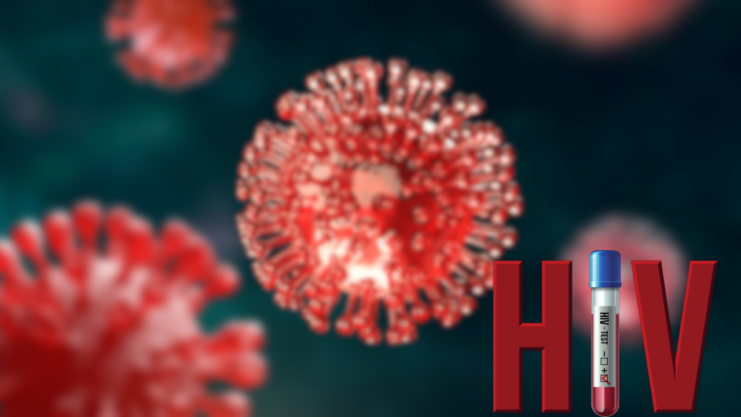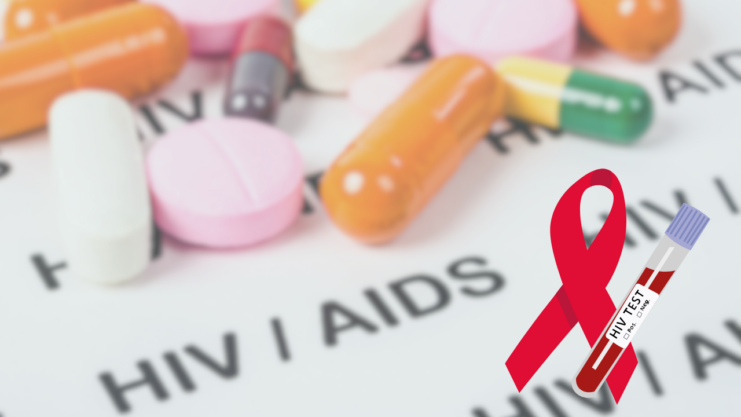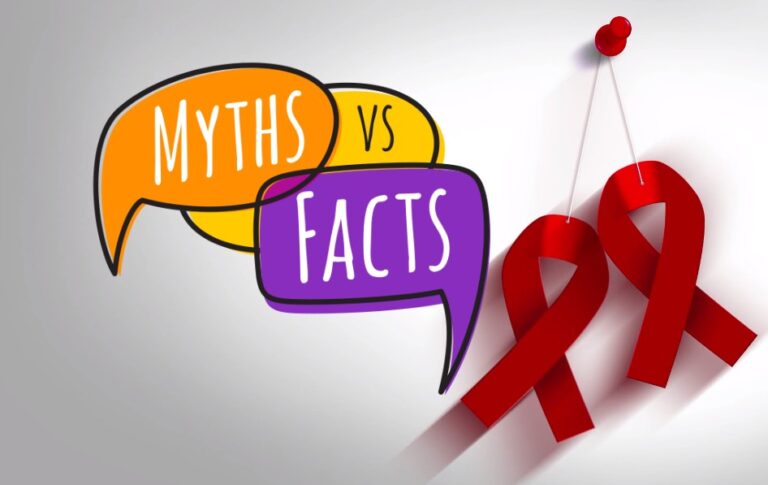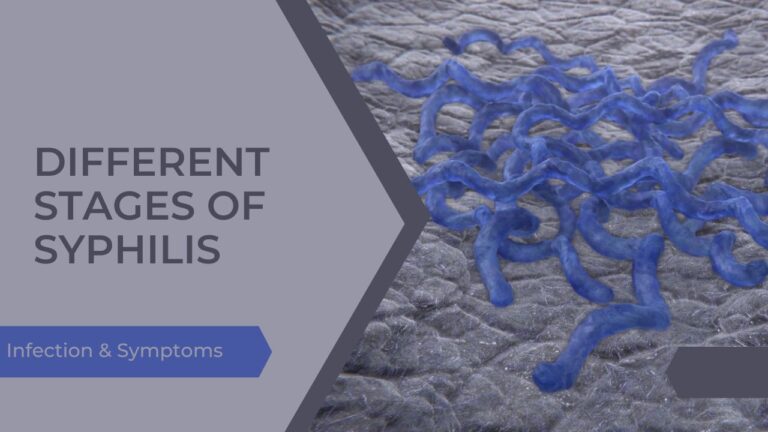Human Immunodeficiency Virus (HIV) is a life-altering disease that, over time, weakens the immune system, making the body more susceptible to other diseases. If left untreated, the condition can progress to Acquired Immunodeficiency Syndrome (AIDS), a severe phase of the disease that can be life-threatening. HIV is a global health issue, affecting millions of people worldwide. Despite significant advancements in medical science, there is currently no cure for HIV, making prevention and early detection crucial.
HIV targets the body’s immune system, specifically the CD4 cells (T cells), which help the immune system fight off infections. The virus destroys these cells, making it harder for the body to combat other diseases and infections. Over time, as more CD4 cells are destroyed, the body becomes more vulnerable to opportunistic infections, leading to the progression of HIV to AIDS.
The virus is transmitted through certain body fluids, including blood, semen, vaginal and rectal fluids, and breast milk. It can be spread by sexual contact, sharing needles or syringes, or from mother to child during pregnancy, birth, or breastfeeding. It’s important to note that HIV is not transmitted through casual contact such as hugging, shaking hands, or sharing food or water.
Acute Retroviral Syndrome (ARS)
Acute Retroviral Syndrome (ARS) refers to the symptoms that may occur in the early stages of HIV infection. Often described as ‘the worst flu ever,’ these symptoms typically appear 2-4 weeks after exposure to the virus. However, it’s important to note that not everyone who contracts HIV will experience ARS. In fact, some people may not have any symptoms at all, which is why regular testing is crucial for those at risk.

The symptoms of ARS are varied and can include a sore throat, cough, runny nose, fever, swollen glands, and a body rash. However, these symptoms are not exclusive to HIV and are seen in many other common conditions such as the common cold, flu, and other viral infections. They can even be environmental, for example, smoking can cause a sore throat and cough.
While up to 70% of those recently infected with HIV may experience ARS symptoms, the presence of these symptoms does not necessarily mean one has HIV. Many people experiencing what they believe to be ARS may not have HIV. This is because the symptoms of ARS are not specific enough to diagnose HIV.
The Importance of HIV Testing

The key takeaway from understanding ARS is that its symptoms alone are not sufficient to diagnose HIV. If you’ve had a risky exposure or if you want to be certain of your status, the only definitive way to know is to get tested. HIV testing is essential for early detection, which can lead to early treatment and a better prognosis.
HIV tests are designed to detect the presence of the HIV virus in the body. Some tests look for the antibodies that your body produces in response to the infection, while others look for the virus itself. It’s important to remember that there’s a window period after infection during which HIV tests may not pick up the virus.

HIV testing is recommended as a part of routine healthcare, especially for those who are sexually active, have multiple partners, or engage in risky behaviors such as sharing needles. It’s also crucial for pregnant women, as HIV can be passed from mother to child during pregnancy, childbirth, or breastfeeding.
Final Words
In conclusion, while the symptoms of ARS can be distressing, they are not a definitive indicator of HIV infection. The only sure way to know your status is to get tested. Early detection and treatment of HIV can lead to a healthy and productive life. Always remember, knowledge is power, and in the case of HIV, it could be a lifesaver.
Related Posts:
- Rash on Penis – Penile Rash: Reclaim Your Confidence
- 1ms VS. 4ms: How Do These Response Times Affect You?
- More Info on Throat Gonorrhea: The Hidden Reality
- Throat Gonorrhea: The Silent STD You Need to Know About
- More On HIV Symptoms - Unmasking the Signs
- How To Tell If CPU Is Dead? Know All The Signs and Reasons













